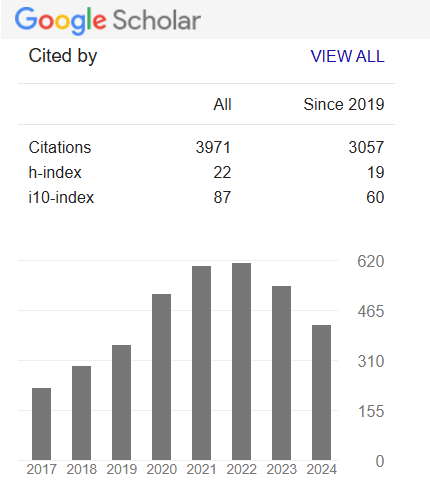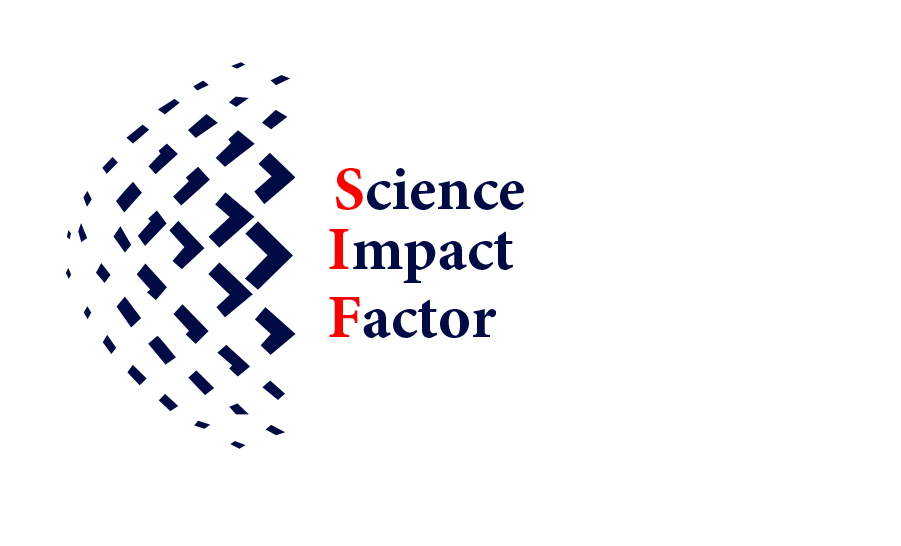Effects of dietary betaine supplementation on growth performance of broilers during heat stress
Keywords:
Broilers, Heat Stress, Growth Performance, BetaineAbstract
As an environmental stressor due to global warming, heat stress (HS) is considered as a major challenge in poultry industries in tropical countries like Bangladesh for substantial economic loss because of its severe effects on poultry health and productivity. Dietary betaine is thought to be an effective solution for reducing such losses. An experiment was conducted on 250 Ross 308 broilers for 35 days to see if betaine supplementation could improve performance under stressful conditions. During the trial, broiler birds were exposed to artificial HS of 30°C for 8 hours (in 18,19 and 20 days) and for 11h (in 26,27,28 days) during the day. The treatments are, G1: control feed without HS; G2: control feed with HS; G3: control +HS+1 g/kg betaine; G4: control + HS +1.5 g/kg betaine and G5: control +HS+2 g/kg betaine from day 11 to day 33 and average weight (AW), daily weight gain (DWG), feed intake (FI), FCR were analysed. HS had a lower effect on average weight and daily weight gain for the chickens whereas in total FI and FCR, betaine treated feed have some significant effect (p<0.05) for FI and (p<0.05) and FCR. Overall, supplementation of the betaine did not show any adverse effect on the zootechnical performances of experimental species and seems to support the birds during stressful condition.
Downloads
References
Abdel-Moneim, A. M. E., Shehata, A. M., Khidr, R. E., Paswan, V. K., Ibrahim, N. S., El-Ghoul, A. A., Aldhumri, S. A., Gabr, S. A., Mesalam, N. M., Elbaz, A. M., Elsayed, M. A., Wakwak, M. M., & Ebeid, T. A. (2021). Nutritional manipulation to combat heat stress in poultry – A comprehensive review. Journal of Thermal Biology, 98(March). https://doi.org/10.1016/j.jtherbio.2021.102915
Amer SA, Omar AE, Mohamed WAM, Gharib HSA and El-Eraky WA, (2018). Impact of Betaine Supplementation on the Growth Performance, Tonic Immobility, and Some Blood Chemistry of Broiler Chickens Fed Normal and Low Energy Diets During Natural Summer Stress, Zagazig Veterinary Journal. 46(1): 36-50.
Attia, Y. A., Hassan, R. A., & Qota, E. M. A. (2009). Recovery from adverse effects of heat stress on slow-growing chicks in the tropics 1: Effect of ascorbic acid and different levels of betaine. Tropical Animal Health and Production, 41(5), 807–818. https://doi.org/10.1007/s11250-008-9256-9
Chand, N., Naz, S., Maris, H., Khan, R. U., Khan, S., & Qureshi, M. S. (2017). Effect of betaine supplementation on the performance and immune response of heat stressed broilers. Pakistan Journal of Zoology, 49(5), 1857–1862. https://doi.org/10.17582/journal.pjz/2017.49.5.1857.1862
Craig, S. A. (2004). Betaine in nutrition. The American Journal of Clinical Nutrition, 80(February), 539–549.
Esteve-Garcia, E., & Mack, S. (2000). The effect of DL-methionine and betaine on growth performance and carcass characteristics in broilers. Animal Feed Science and Technology, 87(1-2), 85-93.
Eklund, M., Bauer, E., Wamatu, J., & Mosenthin, R. (2005). Potential nutritional and physiological functions of betaine in livestock. Nutrition Research Reviews, 18(1), 31–48. https://doi.org/10.1079/nrr200493
FAO. (2013). Poultry Development. In The role of poultry in human nutrition.
Farghly, M. F. A., Alagawany, M., & Abd El-Hack, M. E. (2018). Feeding time can alleviate negative effects of heat stress on performance, meat quality and health status of turkey. British Poultry Science, 59(2), 205–210. https://doi.org/10.1080/00071668.2017.1413233
Hassan R, Attia Y and El-Ganzory E, (2005) Growth, carcass quality and serum constituents of slow growing chicks as affected by betaine addition to diets containing different levels of choline. International journal of Poultry Sciences, 4:840–850. https://doi.org/10.3923/ijps.2005.840.850
Kidd, M. T., Ferket, P. R., & Garlich, J. D. (1997). Nutritional and osmoregulatory functions of betaine. World’s Poultry Science Journal, 53(2), 135–139. https://doi.org/10.1079/wps19970013
Klasing, K. C., Adler, K. L., Remus, J. C., & Calvert, C. C. (2002). Dietary betaine increases intraepithelial lymphocytes in the duodenum of coccidia-infected chicks and increases functional properties of phagocytes. Journal of Nutrition, 132(8), 2274–2282. https://doi.org/10.1093/jn/132.8.2274
Kumar, M., Ratwan, P., Dahiya, S. P., & Nehra, A. K. (2021). Climate change and heat stress: Impact on production, reproduction and growth performance of poultry and its mitigation using genetic strategies. Journal of Thermal Biology, 97(January), 102867. https://doi.org/10.1016/j.jtherbio.2021.102867
Liu et al., 2019. (2019). Effects of Dietary Betaine on Growth Performance, Digestive Function, Carcass Traits, and Meat Quality in Indigenous Yellow-Feathered Broilers under Long-Term Heat Stress.
Nawab, A., Ibtisham, F., Li, G., Kieser, B., Wu, J., Liu, W., Zhao, Y., Nawab, Y., Li, K., Xiao, M., & An, L. (2018). Heat stress in poultry production: Mitigation strategies to overcome the future challenges facing the global poultry industry. Journal of Thermal Biology, 78, 131–139. https://doi.org/10.1016/j.jtherbio.2018.08.010
Petronini, P. G., De Angelis, E. M., Borghetti, P., Borghetti, A. F., & Wheeler, K. P. (1992). Modulation by betaine of cellular responses to osmotic stress. Biochemical Journal, 282(1), 69–73. https://doi.org/10.1042/bj2820069
Ratriyanto, A., Mosenthin, R., Bauer, E., Eklund, M., Nutrition, A., & Hohenheim, U. (2009). Metabolic, Osmoregulatory and Nutritional Functions of Betaine in Monogastric Animals. 22(10), 1461–1476.
Saunderson, C. L., & Mackinlay, J. (1990). Changes in body-weight, composition and hepatic enzyme activities in response to dietary methionine, betaine and choline levels in growing chicks. British Journal of Nutrition, 63(2), 339–349. https://doi.org/10.1079/bjn19900120.
Wahid ZA, Ratriyanto A and Prastowo S, (2021). The effect of betaine supplementation on performance of laying hens in the tropical climate during the starting period. The 1st International Conference on Livestock in Tropical Environment (ICLiTE-1). IOP Conf. Series: Earth and Environmental Science 902.
Zulkifli S, Mysahra A and Jin LZ, (2004). Dietary supplementation of betaine (Betafin) and response to high temperature stress in male broiler chickens. Asian-Australian Journal of Animal Science, 17: 244-249.
Downloads
Published
How to Cite
Issue
Section
License
Copyright (c) 2023 Mahfuza Akther, Rahul AVI

This work is licensed under a Creative Commons Attribution-NonCommercial-NoDerivatives 4.0 International License.
Open Access This article is licensed under a Creative Commons Attribution 4.0 International License, which permits use, sharing, adaptation, distribution and reproduction in any medium or format, as long as you give appropriate credit to the original author(s) and the source, provide a link to the Creative Commons license, and indicate if changes were made. The images or other third party material in this article are included in the article’s Creative Commons license unless indicated otherwise in a credit line to the material. If the material is not included in the article’s Creative Commons license and your intended use is not permitted by statutory regulation or exceeds the permitted use, you will need to obtain permission directly from the copyright holder. To view a copy of this license, visit http://creativecommons.org/ licenses/by/4.0/











